Bank of Canada Rate Announcement Jun 7th, 2023
Bank of Canada raises policy rate 25 basis points, continues quantitative tightening.
FOR IMMEDIATE RELEASE
June 7, 2023
The Bank of Canada today increased its target for the overnight rate to 4¾%, with the Bank Rate at 5% and the deposit rate at 4¾%. The Bank is also continuing its policy of quantitative tightening.
Globally, consumer price inflation is coming down, largely reflecting lower energy prices compared to a year ago, but underlying inflation remains stubbornly high. While economic growth around the world is softening in the face of higher interest rates, major central banks are signalling that interest rates may have to rise further to restore price stability. In the United States, the economy is slowing, although consumer spending remains surprisingly resilient and the labour market is still tight. Economic growth has essentially stalled in Europe but upward pressure on core prices is persisting. Growth in China is expected to slow after surging in the first quarter. Financial conditions have tightened back to those seen before the bank failures in the United States and Switzerland.
Canada’s economy was stronger than expected in the first quarter of 2023, with GDP growth of 3.1%. Consumption growth was surprisingly strong and broad-based, even after accounting for the boost from population gains. Demand for services continued to rebound. In addition, spending on interest-sensitive goods increased and, more recently, housing market activity has picked up. The labour market remains tight: higher immigration and participation rates are expanding the supply of workers but new workers have been quickly hired, reflecting continued strong demand for labour. Overall, excess demand in the economy looks to be more persistent than anticipated.
CPI inflation ticked up in April to 4.4%, the first increase in 10 months, with prices for a broad range of goods and services coming in higher than expected. Goods price inflation increased, despite lower energy costs. Services price inflation remained elevated, reflecting strong demand and a tight labour market. The Bank continues to expect CPI inflation to ease to around 3% in the summer, as lower energy prices feed through and last year’s large price gains fall out of the yearly data. However, with three-month measures of core inflation running in the 3½-4% range for several months and excess demand persisting, concerns have increased that CPI inflation could get stuck materially above the 2% target.
Based on the accumulation of evidence, Governing Council decided to increase the policy interest rate, reflecting our view that monetary policy was not sufficiently restrictive to bring supply and demand back into balance and return inflation sustainably to the 2% target. Quantitative tightening is complementing the restrictive stance of monetary policy and normalizing the Bank’s balance sheet. Governing Council will continue to assess the dynamics of core inflation and the outlook for CPI inflation. In particular, we will be evaluating whether the evolution of excess demand, inflation expectations, wage growth and corporate pricing behaviour are consistent with achieving the inflation target. The Bank remains resolute in its commitment to restoring price stability for Canadians.
Information note
The next scheduled date for announcing the overnight rate target is July 12, 2023. The Bank will publish its next full outlook for the economy and inflation, including risks to the projection, in the Monetary Policy Report at the same time.





